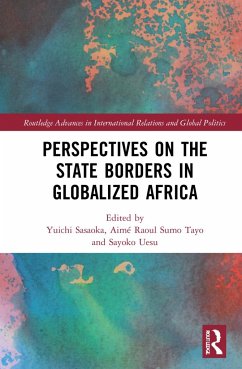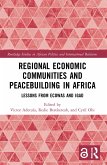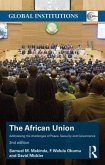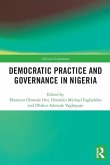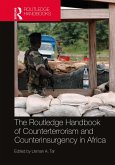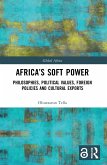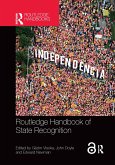Assessing the different kinds of borders between African nations, the contributors present a borderland and trans-region approach to understanding the challenges and opportunities facing the peoples of the African continent.
Africa faces rampant violence, terrorism, deterioration of water-energy-food provision, influxes of refugees and immigrants, and religious hatred under the trends of globalization. Solutions for these issues require new perspectives that are not attempted by conventional state-building approaches. Statehood is limited in many places on the African continent because many states are combined by loose political ties. African states' borders tend to be regarded as porous and fragile. However, as the contributors to this volume argue, those porous borders can contribute to cultural and socio-economic network construction beyond states and the creation of active borderlands by increasing people's mobility, contact, and trade.
A must read for scholars of African studies that will also be of great value to academics and students with a broader interest in nationhood, globalization, and borders.
Africa faces rampant violence, terrorism, deterioration of water-energy-food provision, influxes of refugees and immigrants, and religious hatred under the trends of globalization. Solutions for these issues require new perspectives that are not attempted by conventional state-building approaches. Statehood is limited in many places on the African continent because many states are combined by loose political ties. African states' borders tend to be regarded as porous and fragile. However, as the contributors to this volume argue, those porous borders can contribute to cultural and socio-economic network construction beyond states and the creation of active borderlands by increasing people's mobility, contact, and trade.
A must read for scholars of African studies that will also be of great value to academics and students with a broader interest in nationhood, globalization, and borders.

